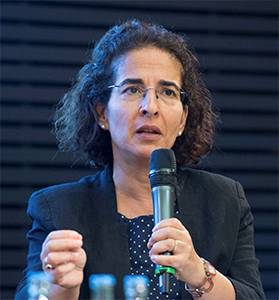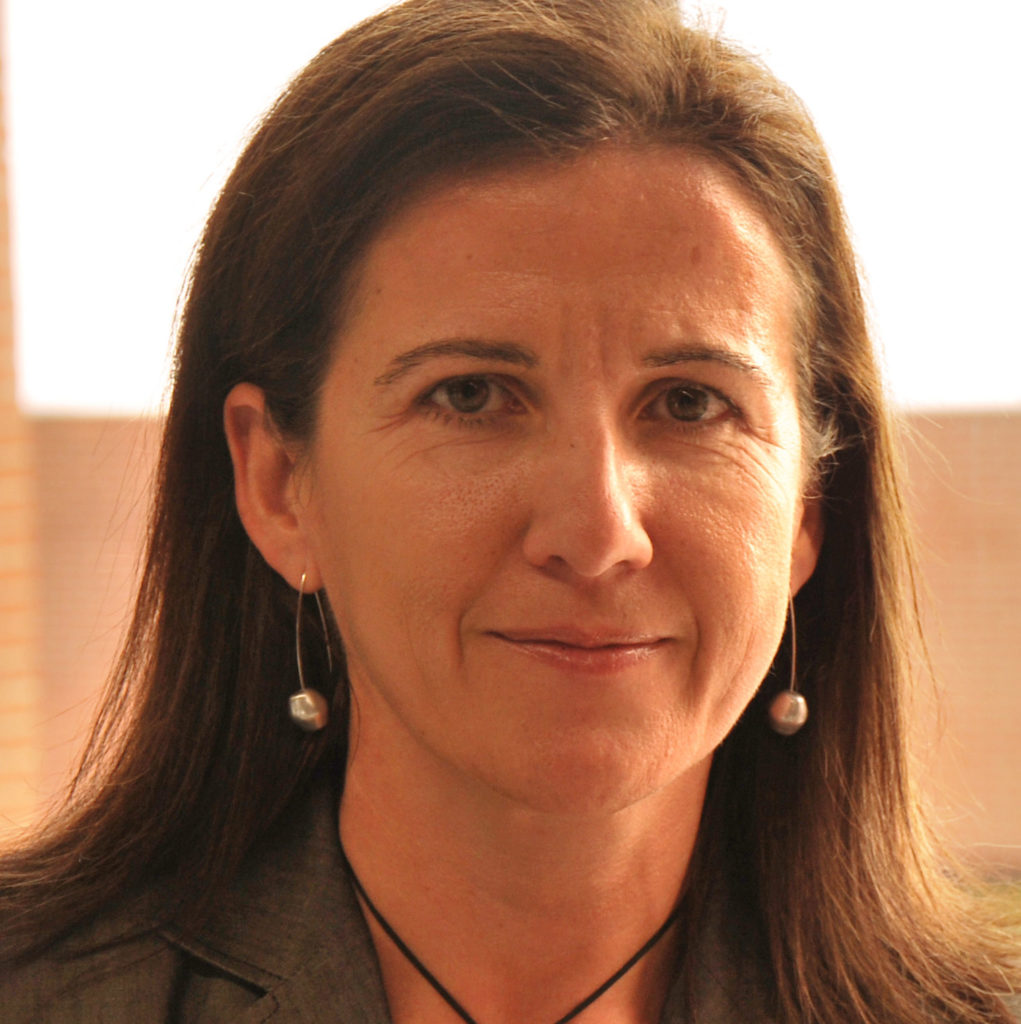Religious and Anti-religious Hatred: Reflections on the January 2024 Report of the UN Special Rapporteur on FoRB

In January 2024, UN Special Rapporteur on freedom of religion or belief (FoRB) Nazila Ghanea published a new thematic report titled “Hatred on the Basis of Religion or Belief.” The theme chosen by the Special Rapporteur could hardly be more topical: the report was issued against a trending backdrop of social hostilities toward religious minorities in many parts of the world, where governments and/or influential social actors inspire, encourage, and incite hatred against small and unpopular religious communities and other vulnerable groups.


